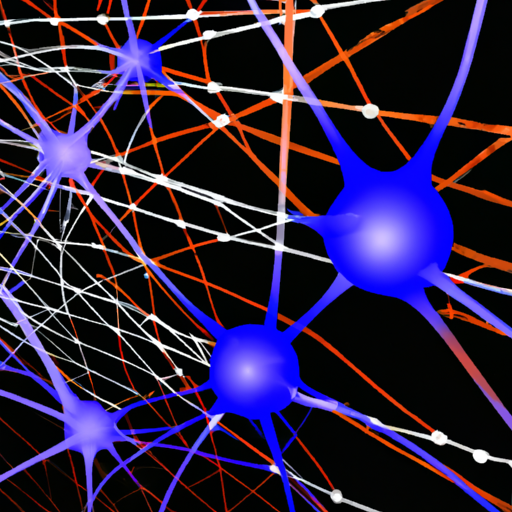In recent years, the fusion of artificial intelligence (AI) with emotional intelligence has given rise to a transformative technological field known as Emotional AI. This innovative approach to AI enables machines to recognize, interpret, and respond to human emotions in a way that enhances human-machine interaction.
What is Emotional AI?
Emotional AI, often referred to as affective computing, is a subset of AI that focuses on understanding and processing human emotions through various indicators such as facial expressions, voice tones, and even body language. By leveraging machine learning and advanced algorithms, these systems can make sense of the emotional context surrounding a user’s input.
Why is Emotional AI Important?
As we transition into an era where AI systems are becoming more integrated into our daily lives, the ability for machines to empathize and connect with users on an emotional level is paramount. The advantages of implementing Emotional AI in technology include:
- Enhanced User Experience: Machines that can interpret and react to emotions create a more engaging and personalized experience.
- Improved Communication: Emotional AI can help facilitate smoother interactions between humans and machines, making technology more approachable.
- Support for Mental Health: Tools embedded with emotional intelligence can play a crucial role in providing therapeutic support by understanding user emotions.
Applications of Emotional AI
The applications of emotional AI span a wide range of industries, including:
- Customer Service: Virtual assistants and chatbots that can gauge customer emotions lead to better service experiences.
- Healthcare: Technologies that monitor patient emotions can enhance mental health care, offering timely interventions.
- Entertainment: Video games and interactive media can create more immersive experiences by adapting to players’ emotional states.
The Future of Emotional AI
As we continue to advance in the realms of AI technology and machine learning, the potential for emotional AI seems limitless. The ongoing research and development in this field aim to refine the accuracy of emotion detection and broaden its applications, paving the way for machines that can truly understand and resonate with human feelings.
Conclusion
Emotional AI presents an exciting frontier in technology, where the human experience is enriched by intelligent systems that understand, interpret, and interact with our emotions. As we embrace this new wave of AI, we can look forward to more meaningful human-machine interactions that are not only functional but also emotionally aware.
For those intrigued by the potential of AI and emotional intelligence, staying informed on developments in this field is essential. The convergence of technology and emotional understanding is shaping the future, and we are just beginning to uncover its vast capabilities.













